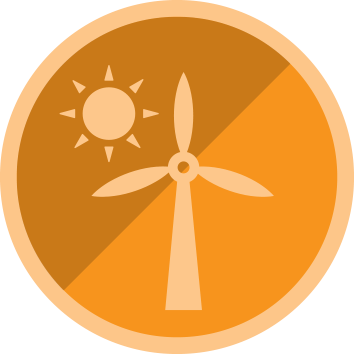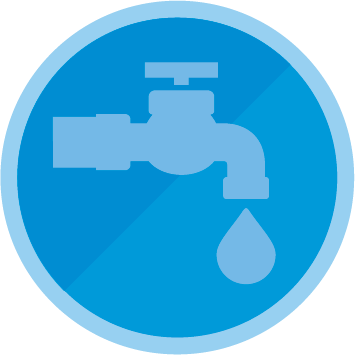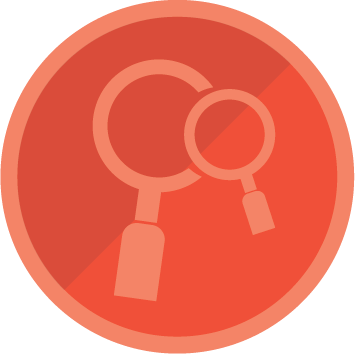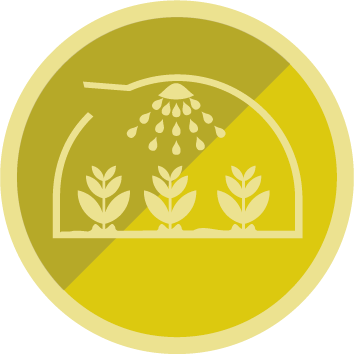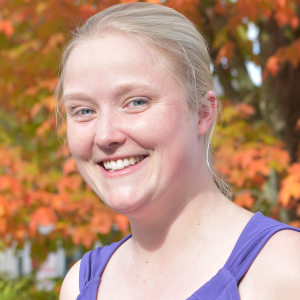
Jennifer Page
Sustainable Leadership Facilitator
Self to Systems
Rockland,
Roles at NAAEE
Languages
Interests
Websites
Dr. Jennifer Page is the Director of Education for the Hurricane Island Center for Science and Leadership in mid-coastal Maine. In her current role, she helps to design and deliver innovative science education programs that involve students in community-focused, applied research, and other projects deeply rooted in a sense of place. For half of the year, Jenn facilitates this work on Hurricane Island itself: a 125-acre, off-the-grid island where students are immersed in the natural world. The rest of the year she is based in Rockland, Maine and focuses on growing school partnerships and working with other nonprofits to support educators in their own classrooms. Before joining Hurricane Island, Jenn taught for two years in the School of Marine Sciences at the University of Maine as a post-doc, followed by 5 years as a science instructor at Bangor High School. While at Bangor High, Jenn was an enthusiastic Speech & Debate coach, helped develop the school’s rigorous STEM Academy, and spent several summers at the Mount Desert Island Biological Laboratory with Bangor students as a Visiting Researcher. Regardless of the setting or stage of her career, Jenn has been most passionate about mentoring students and supporting them to realize their ambitions. Her project for the ee360 Fellowship helps her exponentially grow this work by starting a fellowship program for teachers that equips them to facilitate student-designed, place-based projects with a focus on environmental impacts. Jenn holds a BS in Marine Science from the University of Maine and a Ph.D. in Biology from the Georgia Institute of Technology. In addition to her work with Hurricane, she currently serves as secretary of the Board of the Maine Environmental Education Association and is a member of the University of Maine Honors College Board of Advocates . When she is relaxing, Jenn spends as much quiet time at home as possible with her husband and their cat and enjoys Bullet Journaling and knitting.
About Jennifer‘s ee360 Community Action Project
As part of Jenn and her team’s efforts to increase teacher capacity for place-based learning, they convened a cohort of teacher leaders in the summer of 2019 to form our first class of place-based Teacher Fellows. The kickoff to their Fellowship program was a week-long retreat on Hurricane Island that brought together educators from all grade levels and all backgrounds to receive support in developing and implementing interdisciplinary, place-based learning in their classrooms and communities with a focus on environmental sustainability. The Hurricane Island Teacher Fellowship program is comprehensively helping to address barriers to place-based learning across the entire landscape of education and empowering educators and students to become environmental change makers and leaders. The Teacher Fellows are made up of pairs or small cohorts of educators from local school districts who received professional development to help them involve their students in environmentally-focused, standards-based projects embedded in their community. Teachers attended a summer fellows academy and are receiving additional professional development tailored to their stage of project implementation through in-person and online training throughout the school year. Teachers are also receiving financial assistance and classroom support from Hurricane educators and scientists to help implement the projects that their students design. The program will culminate with an end-of-year symposium to allow students from all the schools to present their projects to each other and the broader community, providing an authentic audience for their work. This comprehensive support system for the Teacher Fellows allow them to focus on delivering high-quality educational experiences to their students rather than piecing together all the components themselves. The nature of the projects being designed will influence the quality of environmental education in our schools and connect students to their communities in meaningful and tangible ways. Teacher Fellows and student representatives are able to apply for financial support to attend regional and national conferences to present their work, helping to increase the impact of the projects, and spread the model to other communities.
